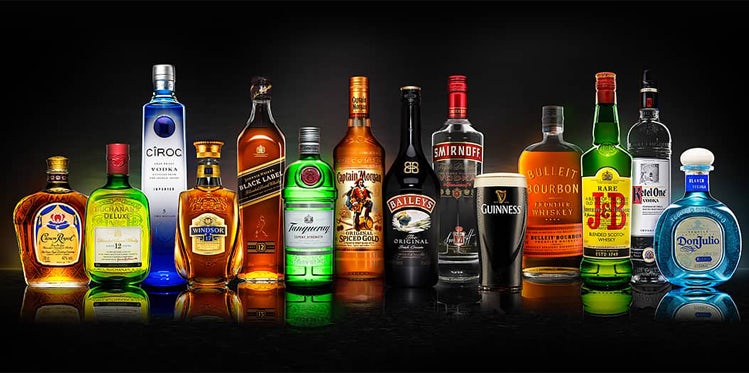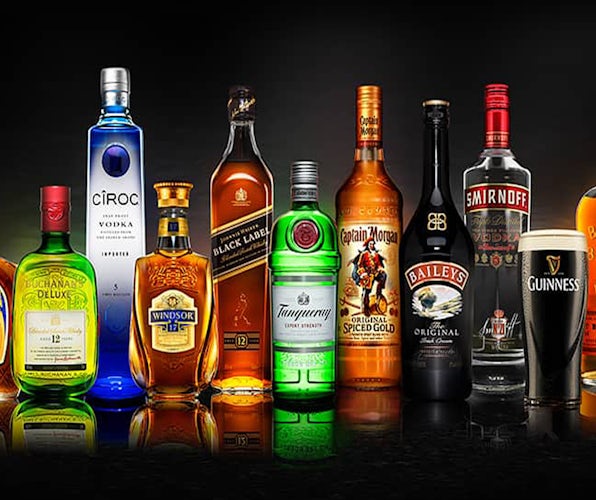Diageo hopes to banish stereotypes with four-part diversity framework
Diageo aims to tackle representation, perception, agency and characterisation in its advertising as the drinks giant looks to drive change and challenge stereotypes.
 Diageo has developed a diversity framework to helps the business address different aspects of diversity and break down some of the common barriers.
Diageo has developed a diversity framework to helps the business address different aspects of diversity and break down some of the common barriers.
The four-part framework aims to tackle representation, perception, agency and characterisation as the drinks giant looks to drive change and move away from relying on stereotypes as a shortcut for building content.
“Not all stereotypes are harmful, but they are an easy shortcut that is used across advertising so you really need something that breaks that and breaks it down,” according to Gráinne Wafer, global brand director for Baileys at Diageo, who was speaking on a panel at the Diversity in Marketing and Advertising (DIMA) Summit today (2 July).
While most people think they can fix representation fairly easily, Wafer argued that the problem is more nuanced than people think. She referred to one study which found that when women make up 17% of people in a crowd men believe it’s actually 50/50, and when it is made up of 33% women men believe women are in the majority.
“You see a couple of women in ads you think it’s balanced, but actually it’s not. So first we have to fix that. And secondly the sort of women in our ads tend to be white, stunning, aspirational, slim; you don’t see a lot of diversity of representation. So, while you might think we can tick the representation box quite quickly it’s actually more complicated than that,” she said.
READ MORE: Diageo puts focus on gender diversity with pledge on female directors
Characterisation is another critical point and one that requires marketers to take a “hard look” at themselves, and ask whether the story is still interesting if you remove the fact it is about a woman.
“The industry is doing fantastic work with women [and they are] more prominent in advertising but the stories don’t have the depth and the character that we would expect and demand, and for me that means women are being used to make a point rather than it being a great piece of content,” explained Wafer.
She said brands need to create an environment where people feel confidant enough to have conversations about stereotypes and question why things are being done in a certain way.
“We need to create a framework and have an open conversation across agencies and clients where we can challenge some of those stereotypes. Critically, we have to recognise that we all bring stereotypes to the table, it’s perfectly normal. We all have unconscious bias, we’ve all been brought up a certain way. That’s something you have to recognise but we’ve got to find a way of recovering it.”
Women are being used to make a point rather than it being a great piece of content.
Gráinne Wafer, Diageo
When it comes to perspective, she said the main question marketers need to ask themselves is who does this piece of advertising work for, and does it objectify women (or men), while for agencies she says “are women the best supporting actress or are they the lead role? Are they driving the agenda?”
While diversity is high on the agenda within Diageo, Wafer said it’s important to look out of the four walls of your own business to help drive change at an industry level, which is why she always asks agencies to see their diversity plan, and it’s something she urges other clients to start doing to help shift the dial.
“The one thing I think we and all clients in the industry can do when they sit down with their agencies is ask to see their diversity plan. I’ve done it recently and have been met with some blank faces. Some people have been able to say, ‘I know exactly what it is, here it is’, or ‘we’re not there yet, we’re at 20% but we have a plan’. And that’s all I want to hear – ‘we have a plan’.”







